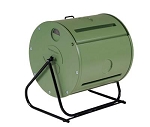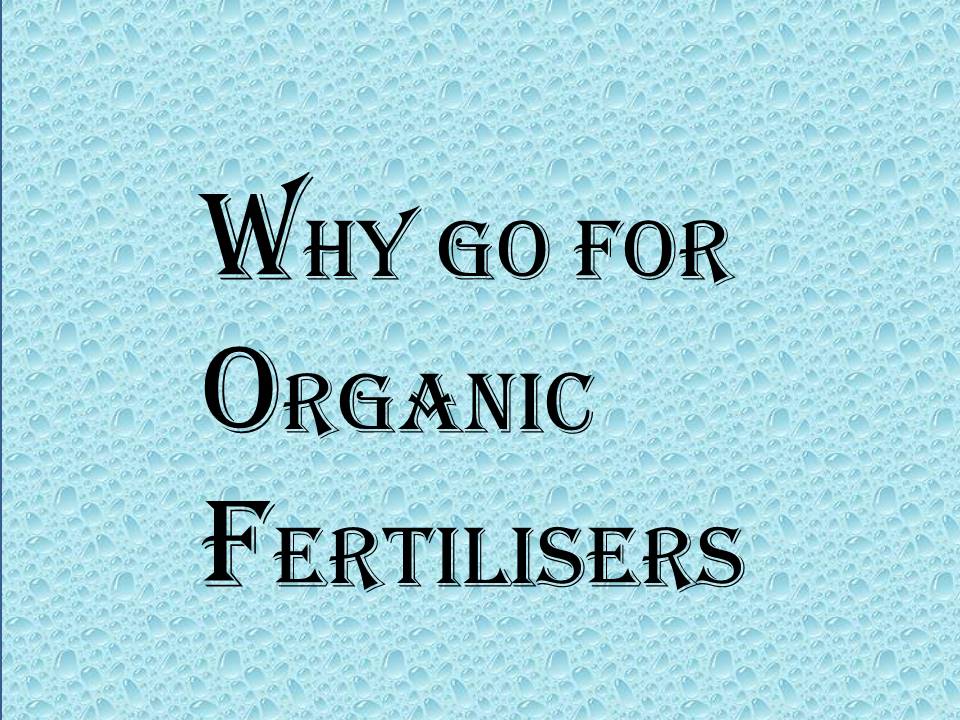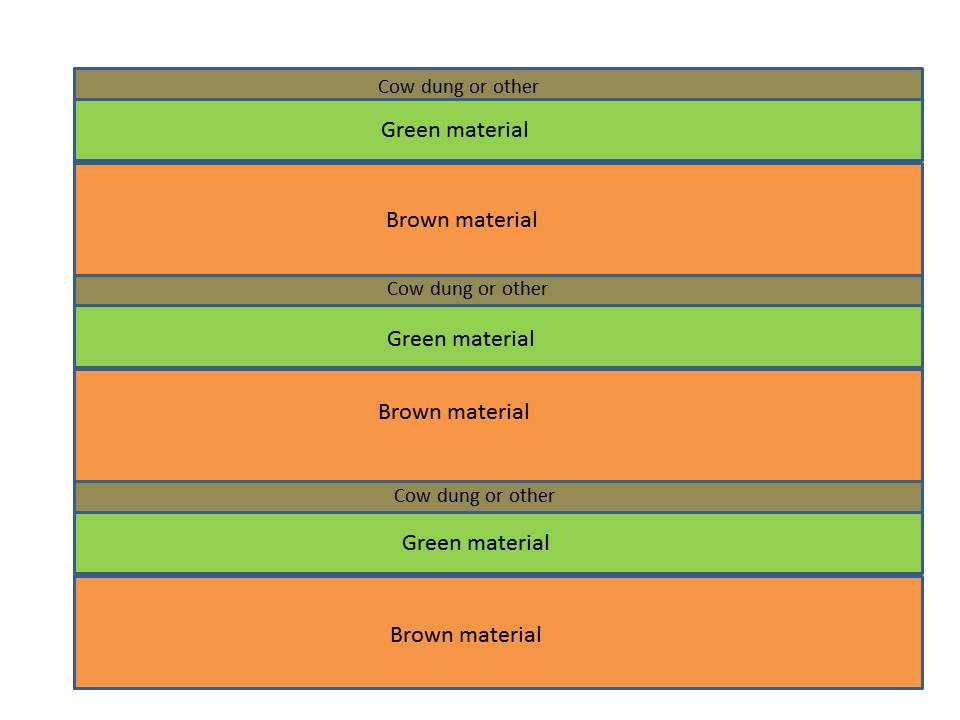Organic Fertilizers
Use of Organic Fertilizer has been in use for time immemorial. It is as old as our ancestors when human started farming for living.
Let us be clear what is organic. Organic Fertilizers means fertilizers made from living beings. Chemically speaking their molecules have carbon and hydrogen. Organic Fertilizers are made from composting of the remains of living beings be it leaves fallen from trees, shrubs, grasses, roots of pulses, fish, sea grass, dung of animals.
Composting
Composting is a process where the above materials are left to rot in controlled environment for a period of time such that at the end what is left is fine humus material without any odor. This compost when mixed with earth enhances the soil by way of increased aeration, increased water retention, increased levels of nitrogen, phosphorous and potassium and other minerals.
Composting requires good care and right conditions for it to be successful. Made with proper care and procedures, composing produces very good Organic Fertilizer.
- Browns like dried leaves, dried pieces of branches of trees and plants, dried bark and dried grass, which would provide for aeration.
- Greens which could be any sappy material, fresh grass cuttings, green leaves provide for fungi and bacteria, and
- Dung of animals, most favored being cow dung for fermentation.
A good ratio for the above three is that first make a layer of one part of browns. On top of this layer put greens which is half of browns. On top of green, put a layer of dung which is half of green. One can put start another set of layers on top. This needs to be covered. Occasional drenching by water is required to keep it moist. The heap should be stirred at two weeks or so intervals. The compost should be ready by fourth month. Your Organic Fertilizer is ready for mixing with soil.
There are any number of variants to the composting methods for making Organic Fertilizer. Composting can also be of:
- cow dung or chicken: even though fresh dung can also be used, and in fact many places it is done, composting of same prior to use in field is preferred as it would remove any disease or virus or pests or weeds.
- green leaves and cuttings can also be composted though it will take longer.
- a mixture of greens and browns is a very acceptable composting method for urban people. They do have good access to the materials if they have small gardens and vegetable patches. Organic Fertilizer activity can be done easily in their homes, backyards or on roofs.
- Vermi composting is a class in itself. Very much adopted in a number of places.

Advantages of Organic Fertilizer
The Organic Fertilizer have their advantages. They contain nutrients which are released into soil slowly. The Organic Fertilizer improves soil by greater aeration and high water retention. It improves health of plants and boosts growth of friendly soil organisms.
Unlike inorganic fertilizers, Organic Fertilizer are not designed to target any particular plant. What it does is produce a healthy plant. Amendment with Organic Fertilizer enriches the soil gradually. It causes no such excess of minerals. Use of Organic Fertilizers ordinarily causes no to harm human beings when the produce is consumed. It does not contaminate the water soures.
Organic Fertilizers are a joy to make for the farmers. Most of the ingredients are well available and cost of preparation is small. The time taken to produce is more and therefore this exercise of making Organic Fertilizer needs to be adopted as a part of the process of farming as a routine activity.


Leave a Reply